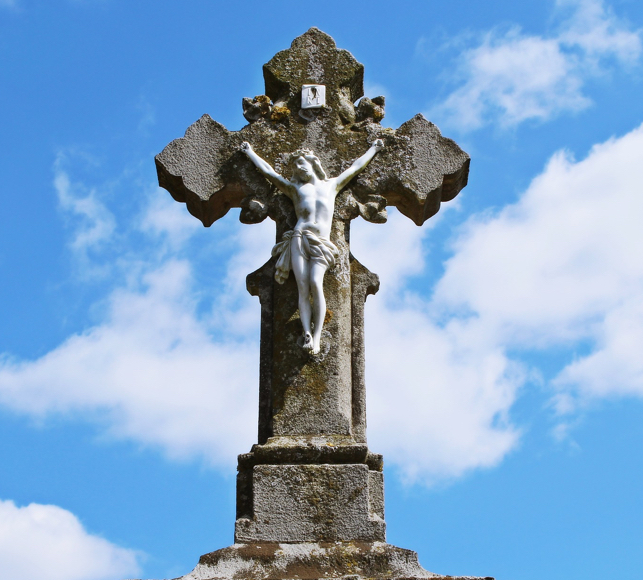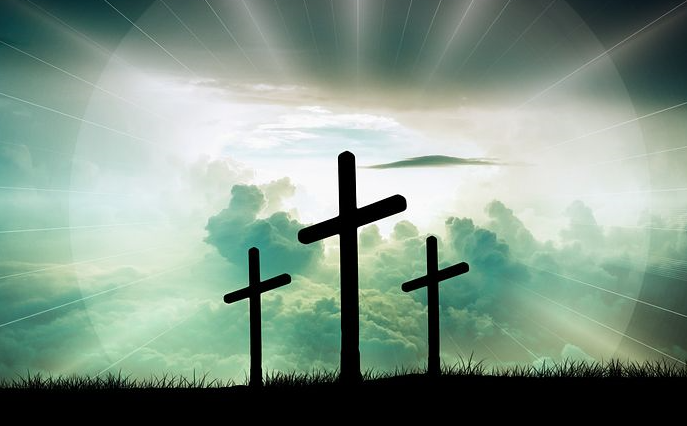Let’s discuss the Brazil National Religion which is Catholicism because of its sheer dominance of the country. Brazil is a country that boasts of a rich cultural heritage, with diverse religious practices being among its key components. Religion has played a significant role in shaping the country’s social, economic, and political spheres, with Catholicism emerging as the country’s dominant faith.
Catholicism is Brazil’s national religion, with over 64% of the population identifying as Catholics. This makes Brazil the country with the largest Catholic population in the world. The religion has had a significant impact on the country’s history, culture, and society, shaping its values and traditions.
Brazil National Religion: The History of Catholicism
Catholicism was introduced to Brazil in 1500 by Portuguese colonizers, who saw it as a tool for expanding their empire. The religion quickly spread across the country, with the Portuguese Crown establishing the first bishopric in Brazil in 1551. In the centuries that followed, the Catholic Church became deeply embedded in the country’s political and social structures, exerting a significant influence on the lives of its citizens.
Prevalence of Catholicism in Brazil
Despite facing competition from other religions, Catholicism remains the dominant faith in Brazil, with over 123 million people identifying as Catholics. This represents over 64% of the country’s population, making Brazil the country with the largest Catholic population in the world. The religion is most prevalent in the Northeast and Southeast regions of the country, where over 70% of the population identifies as Catholic.
Catholicism in Brazilian Culture and Society
Catholicism has played a significant role in shaping Brazilian culture and society, influencing its music, art, literature, and traditions. The religion is deeply embedded in the country’s festivals, with many of them having religious undertones. For example, the famous Carnival of Brazil, which is held annually, has its roots in Catholicism and is celebrated as a prelude to the Lenten season.
Religious Practices and Customs of Brazilian Catholics
Brazilian Catholics follow many of the same practices and customs as Catholics worldwide, such as attending mass, celebrating sacraments, and observing holy days. However, there are also unique customs and practices that are specific to Brazilian Catholics, such as the popular practice of making pilgrimages to religious sites and shrines. The country is also known for its vibrant and colorful religious processions, which are often accompanied by music, dance, and food.
The Role of Catholicism in Brazil’s Politics
Catholicism has played a significant role in Brazil’s political landscape, with the church often using its influence to promote social justice and human rights. The country’s first elected president, Juscelino Kubitschek, was a devout Catholic who maintained close ties with the church during his tenure. The church has also been instrumental in promoting democracy and social equality, especially during the military dictatorship that ruled the country from 1964 to 1985.
Catholicism and Brazil’s Social Justice Movements
Catholicism has been an integral part of Brazil’s social justice movements, with the church playing a key role in advocating for the rights of the poor and marginalized. The Liberation Theology movement, which emerged in the 1960s, saw many Catholic priests and laypeople actively participating in social and political activism, with the aim of addressing social inequality and promoting social justice. The movement faced opposition from the Catholic hierarchy, but it had a significant impact on the country’s social and political landscape, paving the way for many of the social justice movements that exist in Brazil today.
Criticism of Catholicism in Brazil
Despite its widespread acceptance, Catholicism in Brazil has also faced criticism from various quarters. Some critics argue that the church has been complicit in maintaining the status quo and perpetuating social inequality. Others have criticized the church’s stance on social issues such as contraception, abortion, and LGBTQ+ rights, which they see as being out of step with the changing values of Brazilian society.
The Future of Catholicism in Brazil
As with many other countries, Brazil’s religious landscape is changing, with many Brazilians turning away from traditional religions such as Catholicism and embracing alternative spiritual practices. However, despite these changes, Catholicism is likely to remain an integral part of Brazilian culture and society for the foreseeable future. The church continues to play an active role in promoting social justice and human rights, and it is likely to continue to be an important voice in the country’s political and social spheres.
Conclusion
Catholicism has played a significant role in shaping Brazil’s history, culture, and society, and it remains the dominant religion in the country today. While the church has faced criticism in some quarters, it continues to be an important voice in promoting social justice and human rights, and it is likely to remain an integral part of Brazilian culture and society for many years to come.
FAQs
- Is Catholicism the only religion practiced in Brazil?
No, Brazil is a diverse country with many different religions being practiced, including Protestantism, Spiritism, and Afro-Brazilian religions such as Candomblé and Umbanda.
- Why is Catholicism so popular in Brazil?
Catholicism was introduced to Brazil during the country’s colonization by the Portuguese, and it quickly became embedded in the country’s social and political structures. The religion has also played a significant role in shaping Brazilian culture and society, which has helped to maintain its popularity.
- What is Liberation Theology?
Liberation Theology is a movement within the Catholic Church that emerged in the 1960s and 1970s, with the aim of using Catholicism to promote social justice and human rights. The movement was particularly strong in Latin America, including Brazil.
- What are some of the unique religious practices of Brazilian Catholics?
Some of the unique religious practices of Brazilian Catholics include making pilgrimages to religious sites and shrines, participating in colorful religious processions, and celebrating religious festivals such as the Carnival of Brazil.
- Is the influence of Catholicism on Brazilian society likely to decline in the future?
While Brazil’s religious landscape is changing, it is likely that Catholicism will remain an integral part of Brazilian culture and society for many years to come. The church continues to play an active role in promoting social justice and human rights, and it remains an important voice in the country’s political and social spheres.
References
- Brazilian Institute of Geography and Statistics. (2021). Religious affiliation in Brazil. Retrieved from https://agenciadenoticias.ibge.gov.br/agencia-noticias/2012-agencia-de-noticias/noticias/31446-censo-2020-numero-de-evangelicos-aumenta-em-todo-o-pais-e-ja-sao-30-8-da-populacao
- BBC News. (2013). Brazil’s passionate relationship with Catholicism. Retrieved from https://www.bbc.com/news/world-latin-america-23877250
- Santoro, M. A. (2013). The Catholic Church and politics in Brazil, 1916-1985. Stanford University Press.

